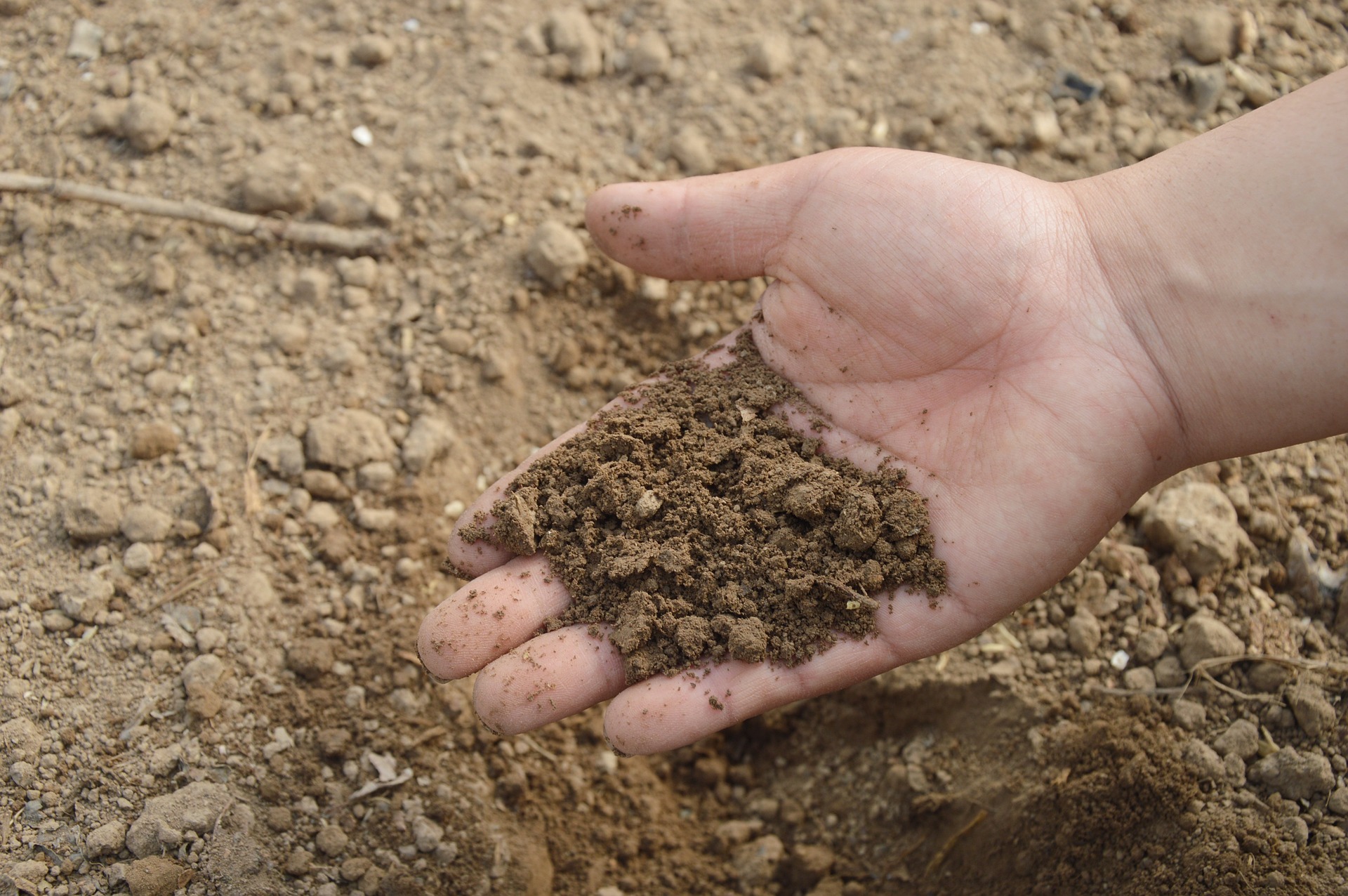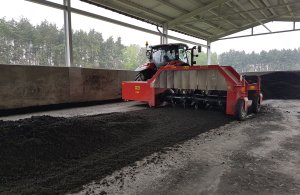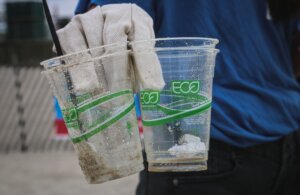Long-lasting PFAS compounds could end up in plants that are later eaten by people (Credit: IGORISS/ISTOCK/GETTY IMAGES PLUS)
Composting biodegradable food containers cuts the amount of trash that gets sent to a landfill. But the practice may serve up some unintended consequences for human health, according to an article on Sciencenews.org.
That’s because the items often contain perfluoroalkyl and polyfluoroalkyl substances, or PFAS, to help repel water and oil. These persistent chemicals can leach out of the packaging and end up in compost, researchers report May 29 in Environmental Science & Technology Letters. When that compost is used, PFAS could be taken up by plants and ultimately accumulate in the bodies of people, though the health effects are still unclear.
The scientists measured perfluoroalkyl acids, or PFAAs, a subset of PFAS formed by microbial degradation, in compost from 10 commercial facilities. Seven of these facilities accepted compostable food containers, and three didn’t. With the food containers in the mix, the team measured PFAAs at concentrations from about 29 to 76 micrograms per kilogram of compost, while compost from facilities that didn’t accept the containers contained less than 8 micrograms PFAAs per kilogram of compost.










